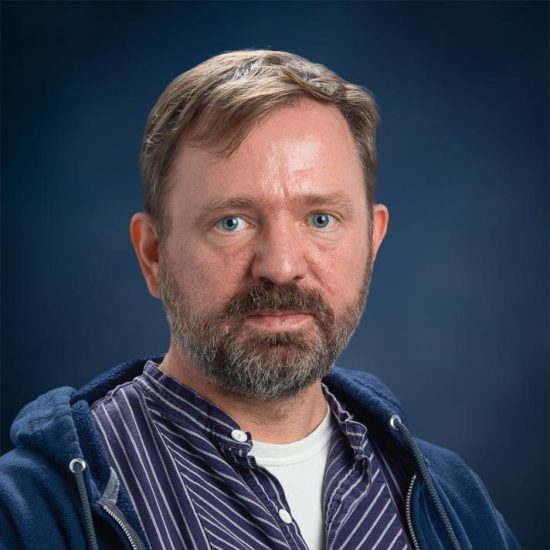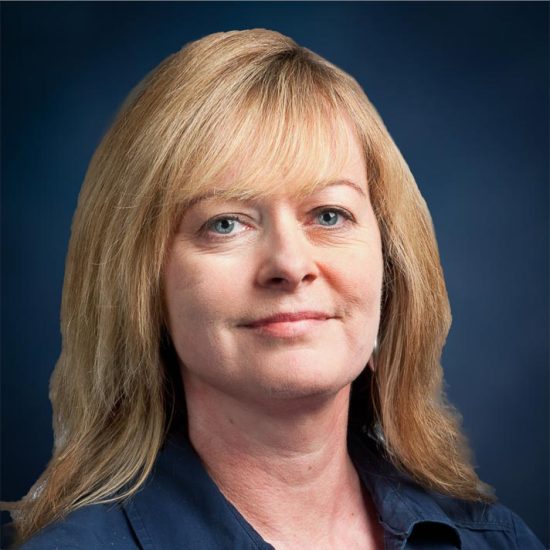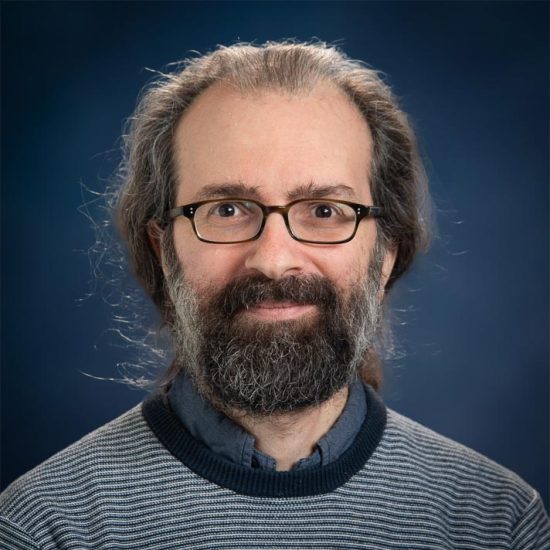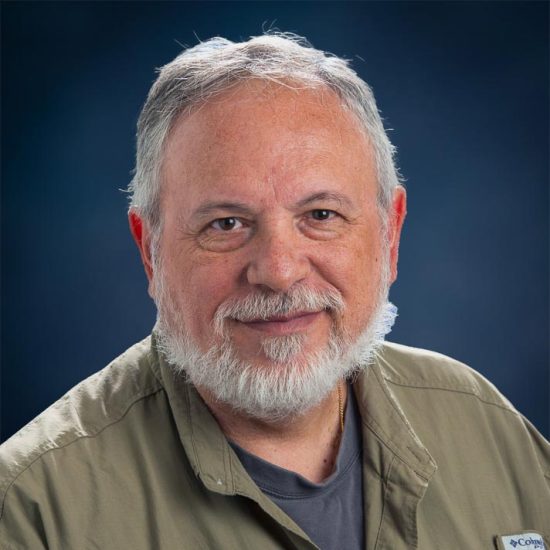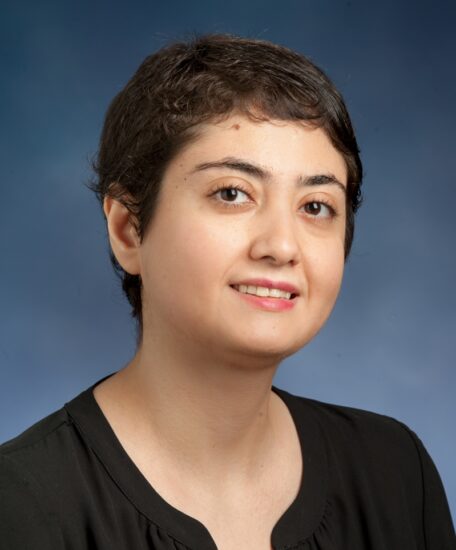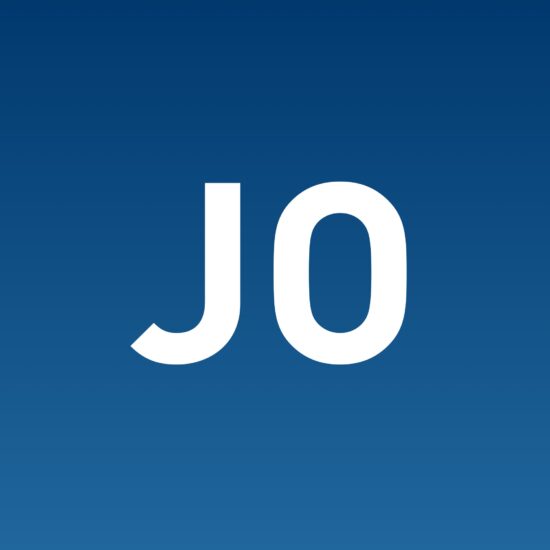
- On this page:
-
 Projects
Projects
-
 Degree Programs
Degree Programs
-
 Faculty and Staff
Faculty and Staff
-
 Contact
Contact
Semantic Artificial Intelligence and Creativity Laboratory
A Multidisciplinary Artificial Intelligence Research Facility
The Semantic Artificial Intelligence and Creativity Lab (SAICL) advances symbolic and probabilistic research in AI, in particular for natural language representation and interaction, but also for the visual domain. Our researchers engage in both academic and industry research.
Our Purpose
- Research, develop and implement knowledge-based and hybrid natural language processing (NLP) technology.
- Provide a hub of expertise in artificial intelligence (AI).
- Training capable students in AI and placing them in employment positions with industry partners.
- Prioritizing service time for revenue-generating projects in support of faculty and students.
- Generating and supporting all-inclusive humor generation and analysis relative to AI.
- Serve as a general center for AI research and education for A&M-Commerce’s AI Initiative.
- Develop a scalable knowledge graph resource base for research communities in academia and industry.
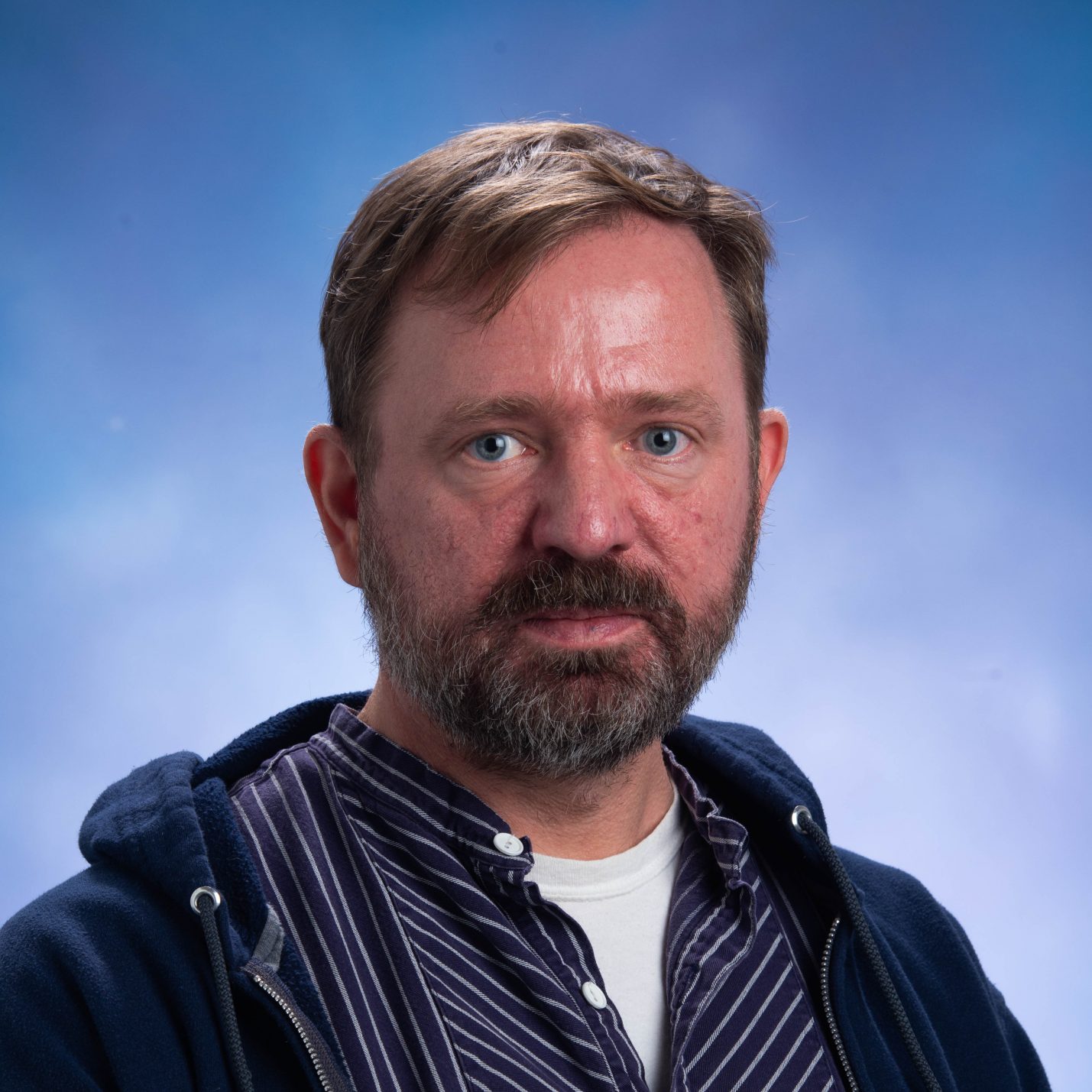
Message from the Director
The focus of the Semantic Artificial Intelligence and Creativity Lab (SAICL) is the semantic processing of unstructured real-world natural language text in computer networks, the largest repository of knowledge and information in the world. The SAICL also functions as the hub for novel research for A&M-Commerce’s AI Initiative.
Human language AI as developed by the SAICL is research that most advances the field of accurate generative AI and human-computer interaction, and is highly valued by commercial implementations and academic calls for proposals in natural language processing (NLP) and other knowledge-rich applications. The lab also supports transdisciplinary and multidisciplinary research involving ontologies complementary to machine-learning approaches and non-NLP functions. In addition, the SAICL is involved in computational linguistics used in humor research, a growing body of knowledge and experiences.
Our Projects
A Legacy Project
The Lexical Field of Laugh in Kesey’s One Flew Over the Cuckoo’s Nest
Goal: This is a multi-lingual multidisciplinary project on the semantics of the lexical field LAUGH (laugh, smile, grin, etc.), including semantics, literature, computational linguistics, translation studies, phonology and humor research. The project compares the translations of lemmata in the field in a growing number of languages to analyze the semantics of the field.
Project Mercury (HG)
Goal: Build a hybrid system to represent the meaning of jokes in terms of a knowledge graph as well as embeddings towards analysis and generation of humor. Hempelmann recently (Summer 2022) worked as Applied Scientist at the Grand Challenge Lab of Amazon.com, developing a prototype computational humor system and hosting a one-day off-the-grid meeting and roundtable on the state of the art of computational humor with international leaders in the field. Hempelmann and Miller currently have another humor generation grant under review at Amazon (Summer 2023).
NSF OKN Grant: New project
Lexically-Assisted Efficient Ontology Alignment for the Open Knowledge Network
The problem we propose to address is that, across ontologies, terms for similar concepts may have slightly different semantics, leading to inconsistencies when ontologies are merged or when federated searches are conducted. The solution is to engage in ontology matching: the alignment of concepts from different ontologies based on their semantic similarities.
A Legacy Project
Patient-Centered Ontology Development and Evaluation for a Personal Health Information System
Goal: This project is creating a medical ontology and the methods and tools to evaluate it against existing medical knowledge bases. The intended application is a personal health information system (PHIS) for Alzheimer's patients and their caregivers.
A Legacy Project
Weapons Identification Project
Goal: Create an ontology including non-language visual recognition properties to assess the threat posed in situations where guns are visually identified automatically.
Graduate Certificate
The OST Lab is also home to the Graduate Certificate in Computational Linguistics, initiated by the lab director and based on courses in computer science and linguistics.
English (PHD) Applied Linguistics Emphasis
The Ph.D. in English is designed for students wishing to teach in community or four-year colleges and universities. It stresses both substantive knowledge of the various divisions within the field of English and an extensive introduction to the profession, including classroom teaching, tutoring and computer-assisted instruction. The degree requires that each candidate serve as a teaching assistant.
English (MA/MS)
Our Master of Arts in English is designed for students who, upon completion, demonstrate a foreign language proficiency while the Master of Science in English is for students without foreign language focus.
Applied Linguistics (MA/MS) TESOL Emphasis
As a student in the Applied Linguistics program, you will engage in cutting-edge pedagogical and research strategies with others who are pursuing careers in teaching English to speakers of other languages. Whether you choose this field as a primary or complementary discipline, this program will prepare you for a variety of careers including teaching at the university level or teaching English as a second language abroad.
Teaching English to Speakers of Other Languages (TESOL) Minor
Become specialized in bilingual education. You’ll the foundation of bilingual/ESL education and how to assess, create and deliver specialized content for bilingual students. It is highly recommended for you to know Spanish.
Teaching English to Speakers of Other Languages (TESOL) Graduate Certificate
This certificate is ideal for students who either already hold a completed graduate degree or are actively in the process of earning a graduate degree and wish to earn this certificate in conjunction with their degree. In addition to the enhanced professional status that the Certificate in the Teaching of English to Speakers of Other Languages (TESOL) brings, this Certificate will enable the holder to meet the 18-hour SACS requirement to teach at the College level.
Meet our Lab Personnel
Director and Co-Director
Faculty
Current and Former Students
Senior Associate Faculty
Victor Raskin, Ph.D., is an emeritus distinguished professor of Linguistics, founder and chair of the Interdisciplinary Program in Linguistics, professor of Computer Science (Courtesy Appointment), founder and coordinator of the Natural Language Processing Laboratory, and charter director of the Center for Education and Research in Information Assurance and Security (CERIAS) at Purdue University. He earned all of his degrees in Structural, Computational and Mathematical Linguistics from Moscow State University, now Moscow Lomonosov University (Ph.D., 1970; M.A./M.S., 1966, B.A./B.S., 1964), with minors in mathematical logic, computer science and cognitive psychology. He taught at his alma mater from 1966-1973, The Hebrew University of Jerusalem (full time) and Tel Aviv University (part-time) from 1973-78, the University of Michigan (Spring 1978), and Purdue University (since Fall 1978), where he is now a distinguished professor of English and Linguistics; He has published 17 books and more than 200 papers on natural language semantics and its applications, from such soft ones as rhetoric and humor research to such hard ones as linguistic engineering, natural language and information processing, computational humor/social computing, natural language information assurance security and—most recently—robotic intelligence and communication.
Associate Faculty
Raúl Aranovich, Ph.D., is a theoretical linguist specializing in the grammar of various romance languages. He studies grammatical mismatches between syntax, morphology and semantics using natural language processing and corpus linguistics tools. He also works on computer-mediated communication. Aranovich earned his Ph.D. in linguistics from UC San Diego in 1996 and has been an associate professor at UC Davis since 2001. Before UC Davis, he held faculty positions at Ohio State University and the University of Texas at San Antonio.
Julia M. Rayz, Ph.D., is a professor in the Department of Computer and Information Technology at Purdue University. She earned multiple degrees from the University of Cincinnati and worked as a senior research engineer at RiverGlass, Inc. before joining CERIAS as a research assistant professor in 2011. She is currently a tenure-track assistant professor and fellow of CERIAS, with expertise in various fields, including artificial intelligence, information security and computational semantics.
Tristan Miller, Ph.D., is a research scientist at the Austrian Research Institute for Artificial Intelligence. He has a computer science doctorate from Technische Universität Darmstadt, where he works as a research scientist in the Ubiquitous Knowledge Processing Lab. He previously worked at the German Research Center for Artificial Intelligence, Griffith University and the University of Toronto. He also worked for InQuira, an enterprise knowledge management company, as a language engineer and business analyst from 2008 to 2011. Miller’s research focuses on natural language processing and computational lexical semantics. He has authored over two dozen peer-reviewed papers and is a science popularizer, contributing to publications such as “Babel: The Language Magazine” and “Word Ways: The Journal of Recreational Linguistics.”
Consultants
Gerald Burnand is a data scientist at Ezoic. He is an expert on AI-based processes and products with experience across application domains including natural language processing.
Bill DeSmedt has 25 years of experience creating Intelligent Conversational Agents that use natural language processing and knowledge representation to simulate personalities and hold conversations. He is the creator of MetaLang™, a knowledge-based, language-independent conversational agent technology. Bill has a strong background in systems design and development and has authored two novels, as well as some journal articles and seminar papers on knowledge engineering. He also has a blog on English grammar, usage and writing style.
Courtney Falk, Ph.D., is the senior research scientist for the Optic Global Threat Intelligence Center. Courtney works on applications of ontologies to information security problems. He earned his Ph.D. in information security from Purdue University. For his dissertation, Courtney applied Ontological Semantics Technology to the problem of detecting malicious phishing emails. Courtney has worked in information security in the government, private and academic sectors. Courtney’s current goals are combining standard machine learning techniques with ontological semantics such as automated knowledge acquisition and text-meaning representation generation.
Larry Lefkowitz, Ph.D., has more than thirty years of experience in the Artificial Intelligence industry. From co-founding and directing an AI research lab in academia to managing a professional services business optimization practice with 60 staff members, Larry has focused on applying knowledge-based solutions to improve the use of AI in industries worldwide. Larry’s expertise builds relationships between clients and solution providers, as well as aligning strategic objectives with the necessary tactical activities to achieve them.
Gavin Matthews, M.A., is a senior software engineer at Apertura Data. As a highly-creative researcher and inventive problem-solver, Gavin has considerable expertise in data science, natural language processing, artificial intelligence and robotics.
Joe Toplyn, MBA, is a comedian who has earned three Emmy Awards using his wit and love of language. After achieving success in LA, Joe and his family relocated to New York, where he became the head writer for the Late Show with David Letterman. Later on, he transitioned into cable television as a writer and producer for the comedic detective show Monk. Today, Joe holds a patent for Witscript, a software product he created that uses AI to improvise jokes.
Contact Us
- Semantic Artificial Intelligence and Creativity Laboratory
- 903.886.5260
- [email protected]
- JOUR 301A
- Commerce, TX 74529



